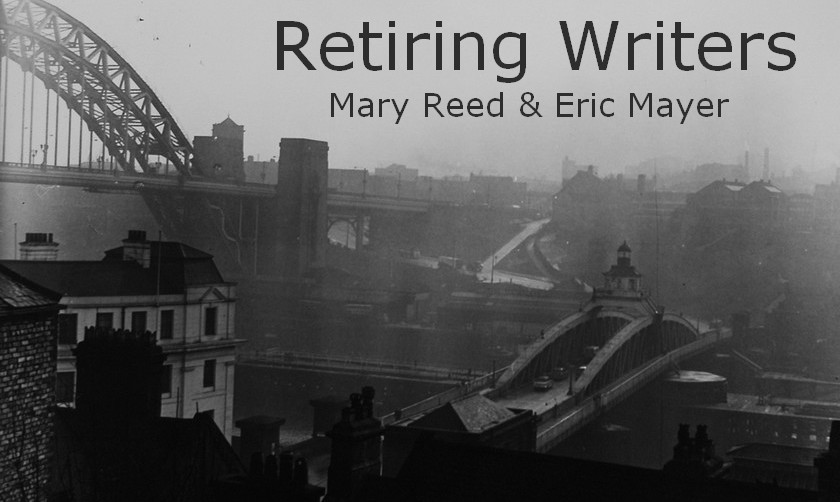And Then There Were None is Agatha Christie's justly famous impossible crime tour de force: how could it be that on otherwise uninhabited Indian Island an entire house party, not to mention the servants, have been murdered when, between foul weather and lack of a boat, there is no way for the culprit to escape?
A disparate collection of people has been invited to visit the island by its owner Mr Owen. For various reasons -- such as accepting the offer of a free holiday, arriving to take up the post of temporary secretary to Mrs Owen, a medical man responding to a request for a professional consultation -- they all accept. On arrival they find Mr and Mrs Owen have been detained on the mainland and will not arrive until next day, but two servants are on hand to see to the guests' comfort.
But they are not comfortable for long. Suddenly a recording accusing each of them -- including the servants -- of murder is played in the room next to the one in which they gathered for dinner. In due course we learn details of these accusations and they are a sordid collection indeed: murders for financial gain or brought about by marital jealousy, for example.
Even the presence of an ex-C.I.D. man asked there to keep an eye on Mrs Owen's jewels is not enough to stop the ensuing inexorable procession of deaths. Despite all precautions, someone is picking off one guest after another, using methods mirroring the nursery rhyme after which the book is named. After the dwindling number of guests conduct several searches of both the house and the tiny island on which it stands no stranger can be found outside or in, adding to the terror of the situation. Where could the responsible person be hiding? What could be the reason for the mounting number of deaths?
My verdict: This is one of Agatha Christie's most famous novels and to call the unwindings of its plot clever would be to make an understatement. When readers finally know the truth, some will doubtless debate whether the culprit was mad, malevolent, or mistaken -- a couple of deaths mentioned in that shocking recording could have been accidents, after all. All in all, however, And Then There Were None is a mystery classic and rightly so. s


